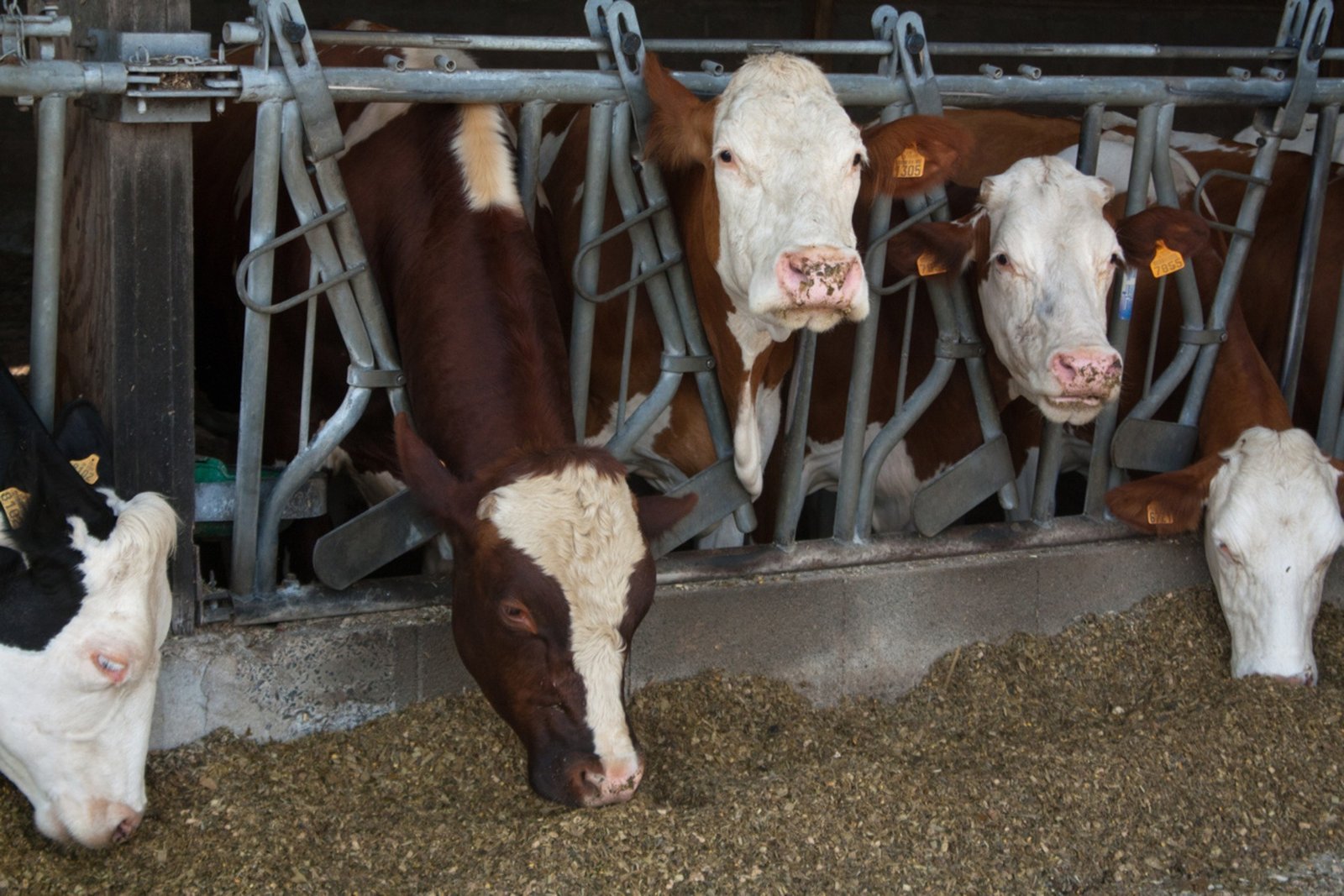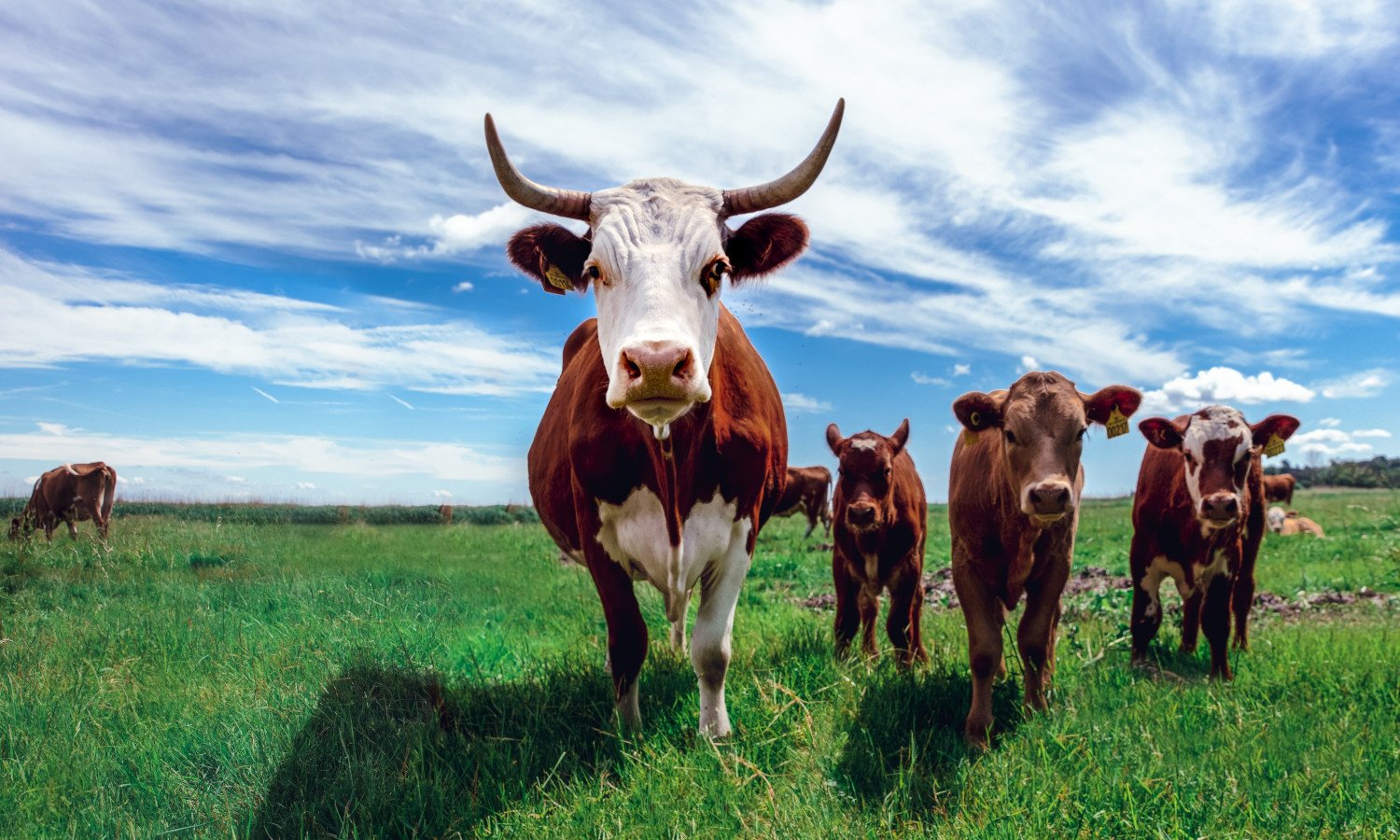You begin your day well before the sun has set. You pack on your wet weather gear and set out to feed the chickens and calves in the early morning air. On a clear morning, it’s pleasant to be outside, feel the frost crunch below your feet, and watch the backyard cat snooze peacefully. In your head, you’re already balancing a slew of tasks. Find out how much you can reduce as just a business expense this year by speaking with a lawyer. Confirm with your neighbours and friends and see if they’ll want to use the extra land in your property’s house. If you need more chicken scratching packs, keep in mind you purchase a couple more. Install a new fence. Inquire with the adjoining farm about their plans for a logging operation in their high, woody area in the future. It’s a lot, but knowing there are so many potential for the horizon in the face of all the responsibilities is thrilling. In this essay, I’ll teach you how to start a farm and a livestock farm, as well as ways to get you going with a local farmer right immediately.

The type of animals you want to grow is mostly determined by the reason you’re beginning a farm in the first place. Animal husbandry is a hobby like most individuals, but it can also be a source of different or major income when they retire. Rabbits, goats, pigs, chickens, and bulls are all available. Choosing animals with the highest return on investment (ROI), such as dairy cattle, is a good way to boost your profits.
Because you will also have to invest considerably before making a dollar, having finances available is important to the success of this venture. Credit report to see if you can get a loan and how much money you can spend. To prevent making frivolous purchases that will raise your debt, create a realistic budget from the start. Keep in mind that, while debt can help you get ahead of your deadlines, it can also be a hindrance if you don’t pay up when your creditors come knocking.

Many modern farmers, particularly those in the Midwest who run large commercial farms, have passed down their knowledge from down the generations. Small start-up farms aren’t in the same boat. In addition to learning how to start farming, these farmers had to develop their abilities, which they did either by working with other farmers, attending farm school, or conducting extensive self-study. Perform thorough research to familiarize yourself with the fundamentals of animal raising before embarking on this journey. Talking to professionals or traveling to other farms to get personal information can help you do this.
Aside from being therapeutic, raising animals may also be profitable. To keep the enthusiasm rolling, novice farmers need to do some study and create realistic goals. Before you start earning money, make a small investment to keep your debts low.
